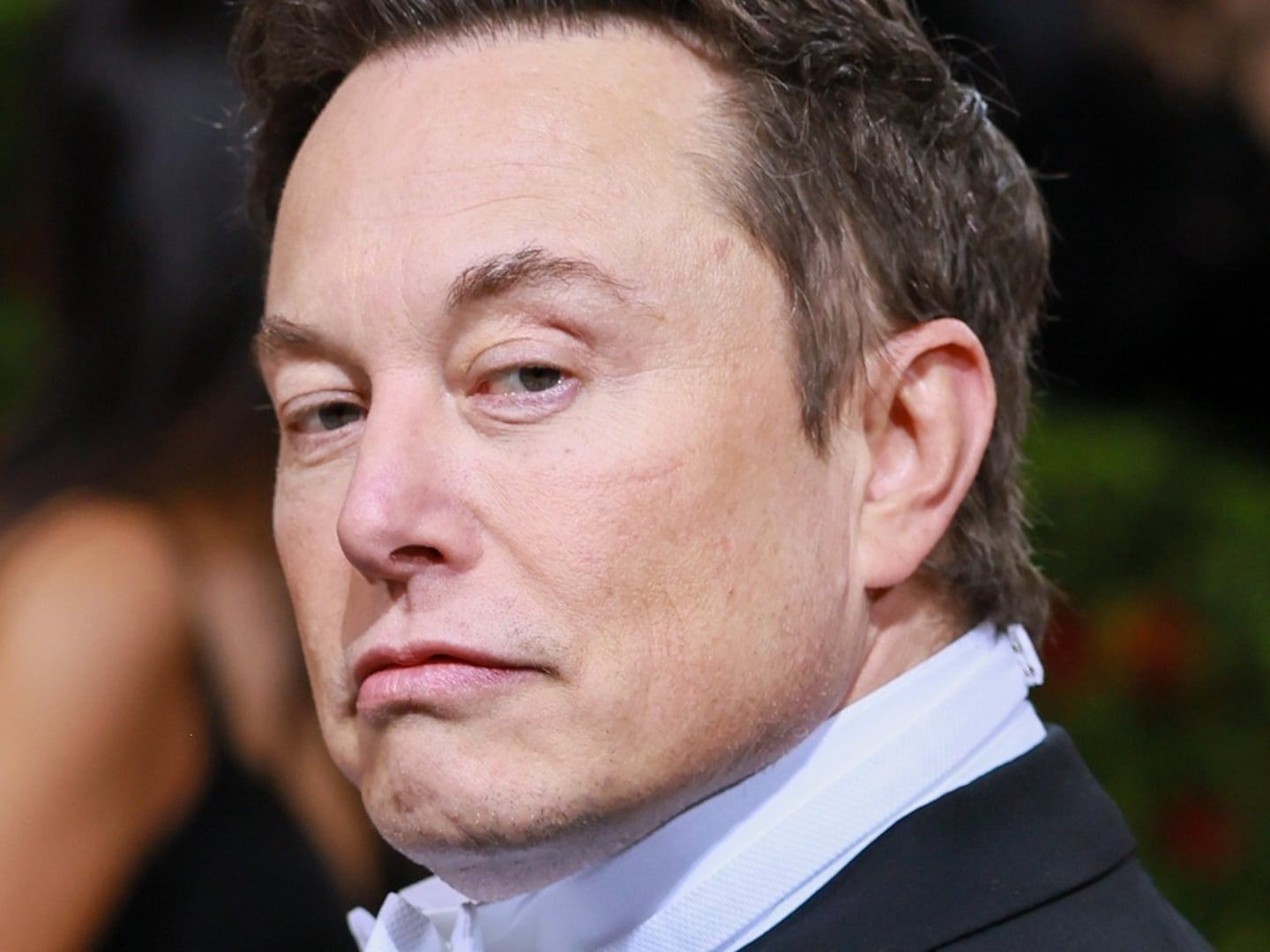Russia
(Photo by Mikhail Svetlov/Getty Images)
Putin Ally Shuts Down Russia’s Claim Ukraine Plans to Unleash Dirty Bomb
WHO YOU GONNA CALL
Russia wants India and China to buy into its unfounded claims that Ukraine plans to use a dirty bomb. But Putin is falling flat on shoring up support.






